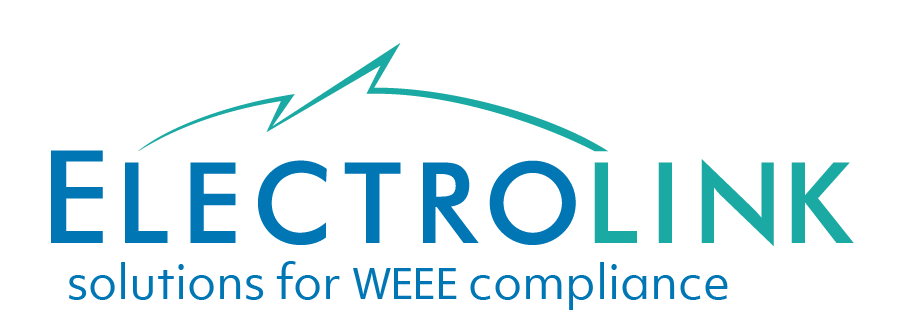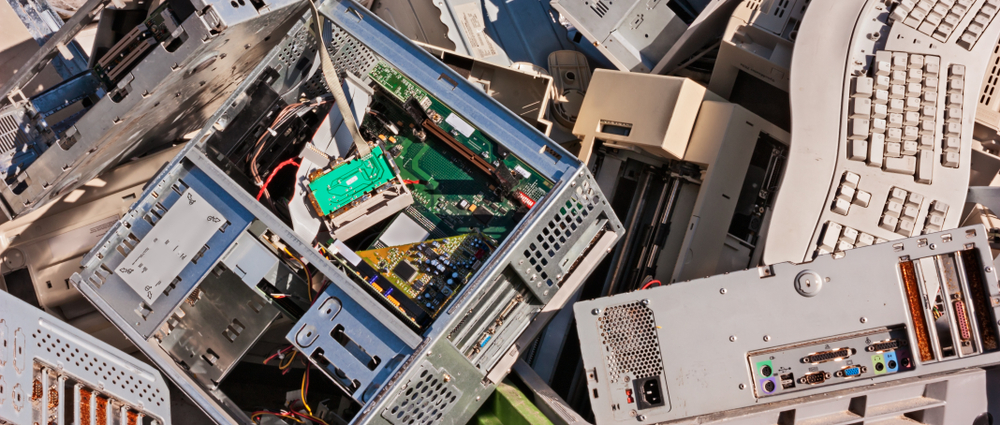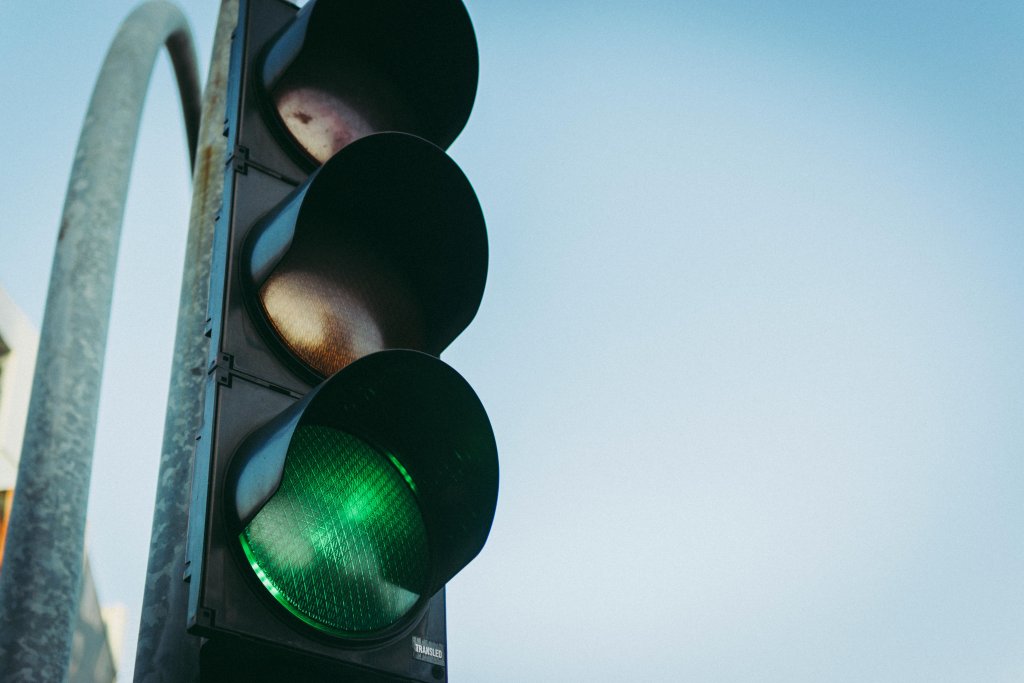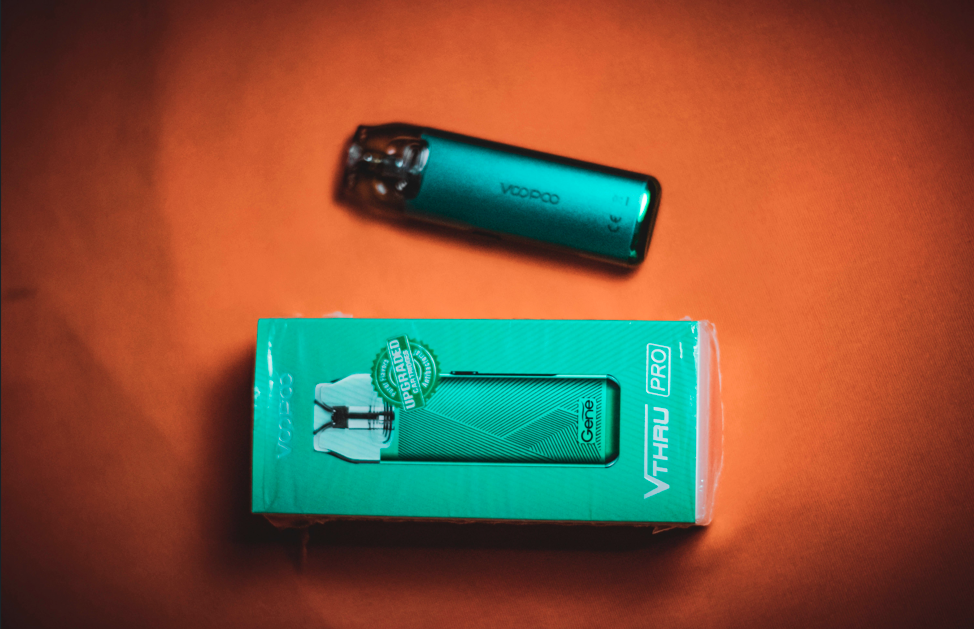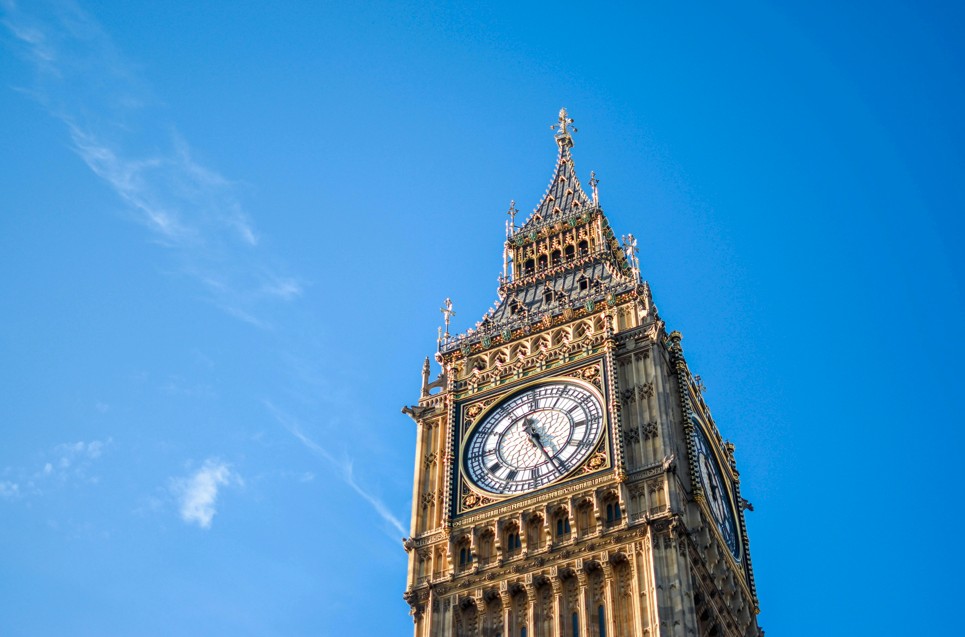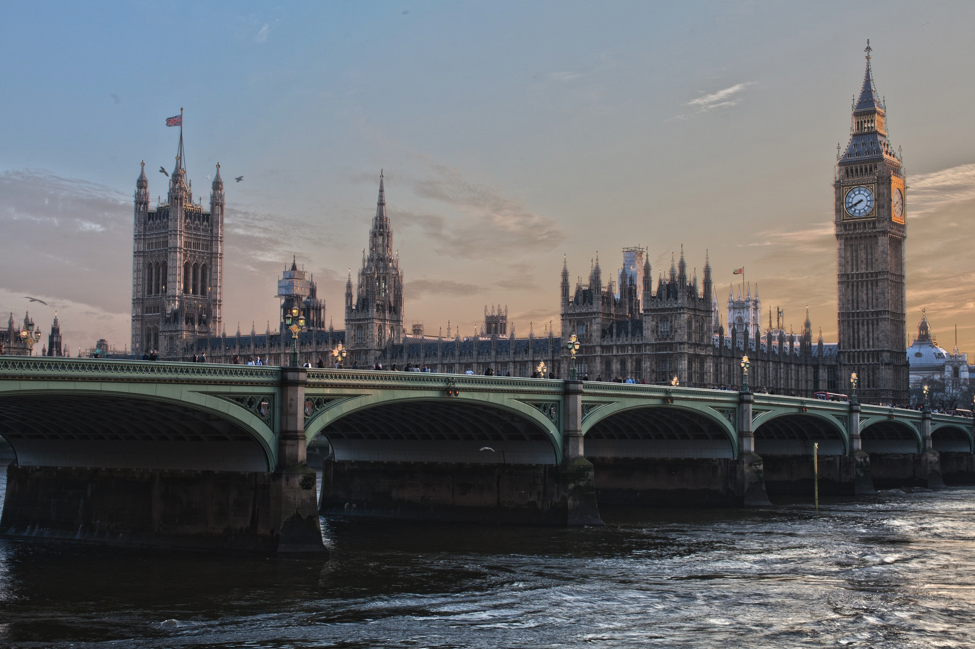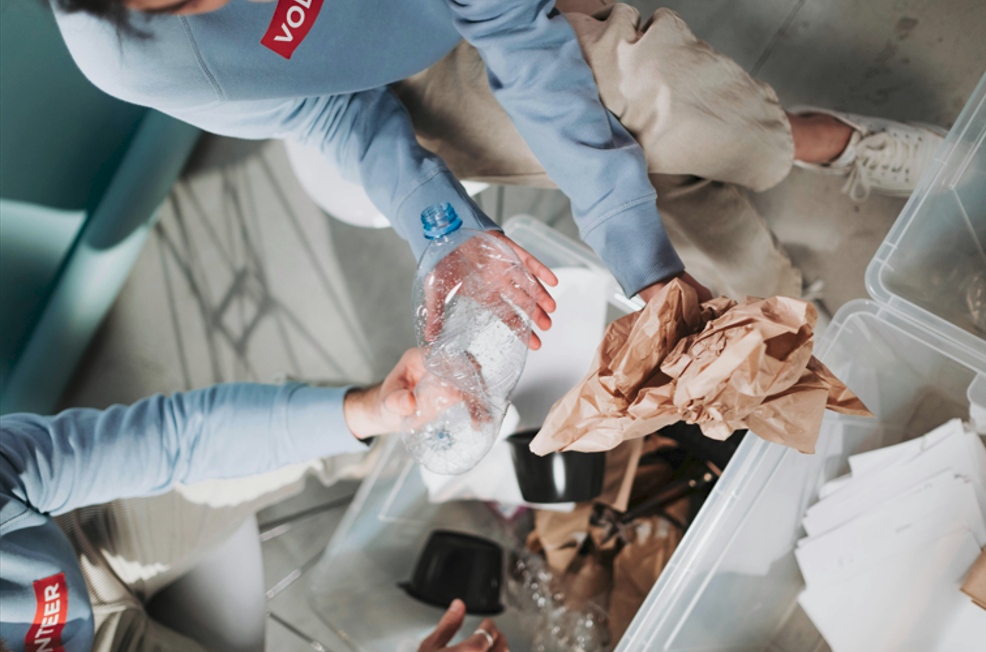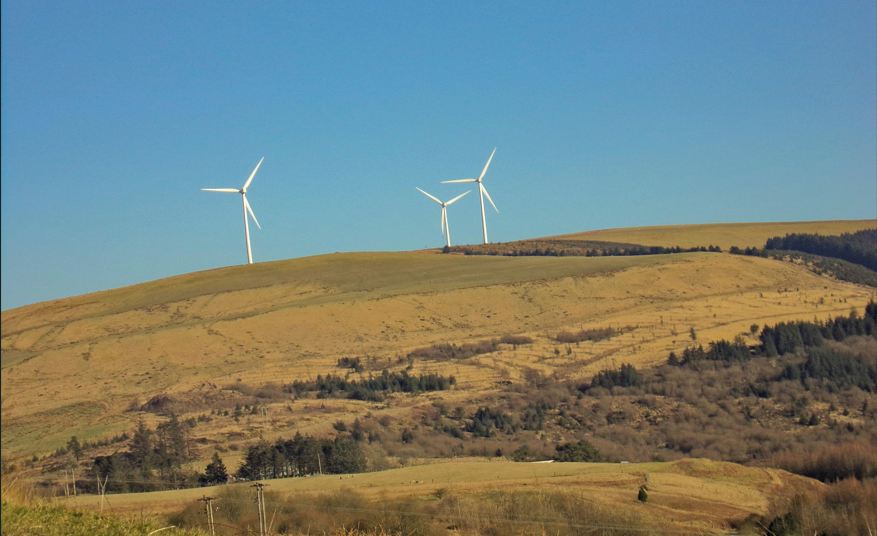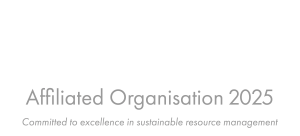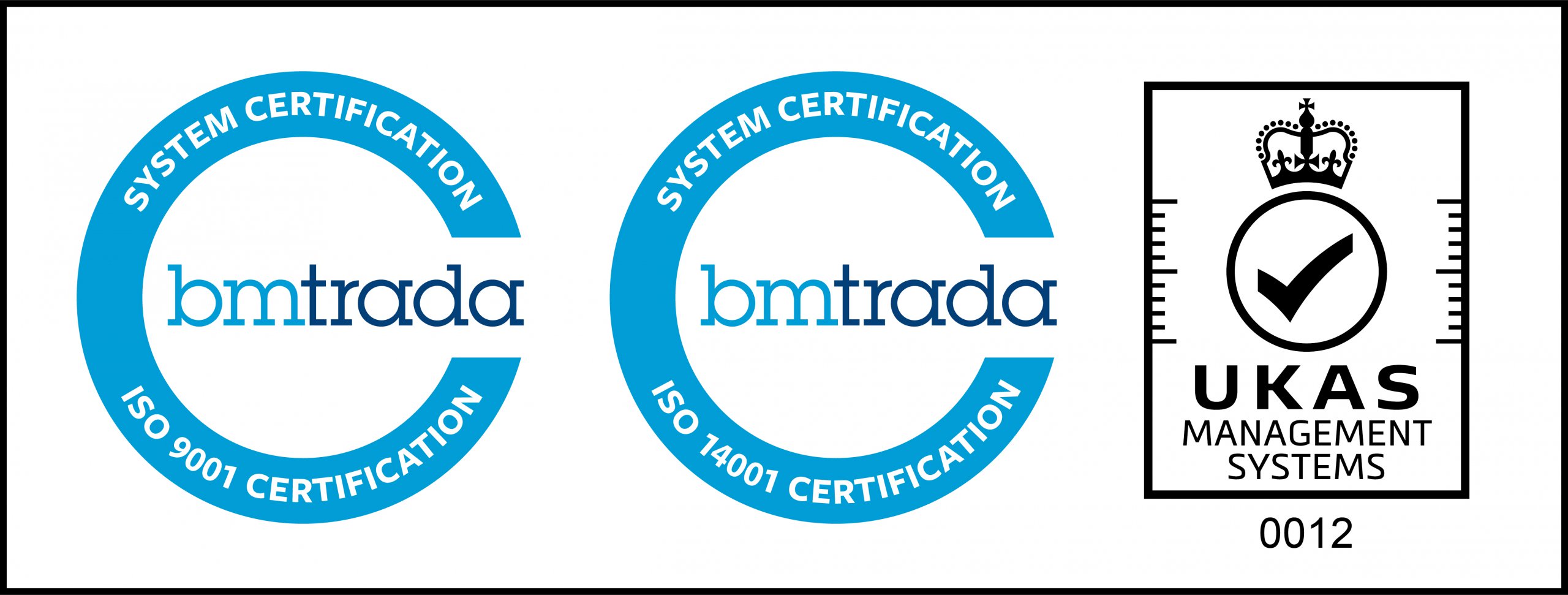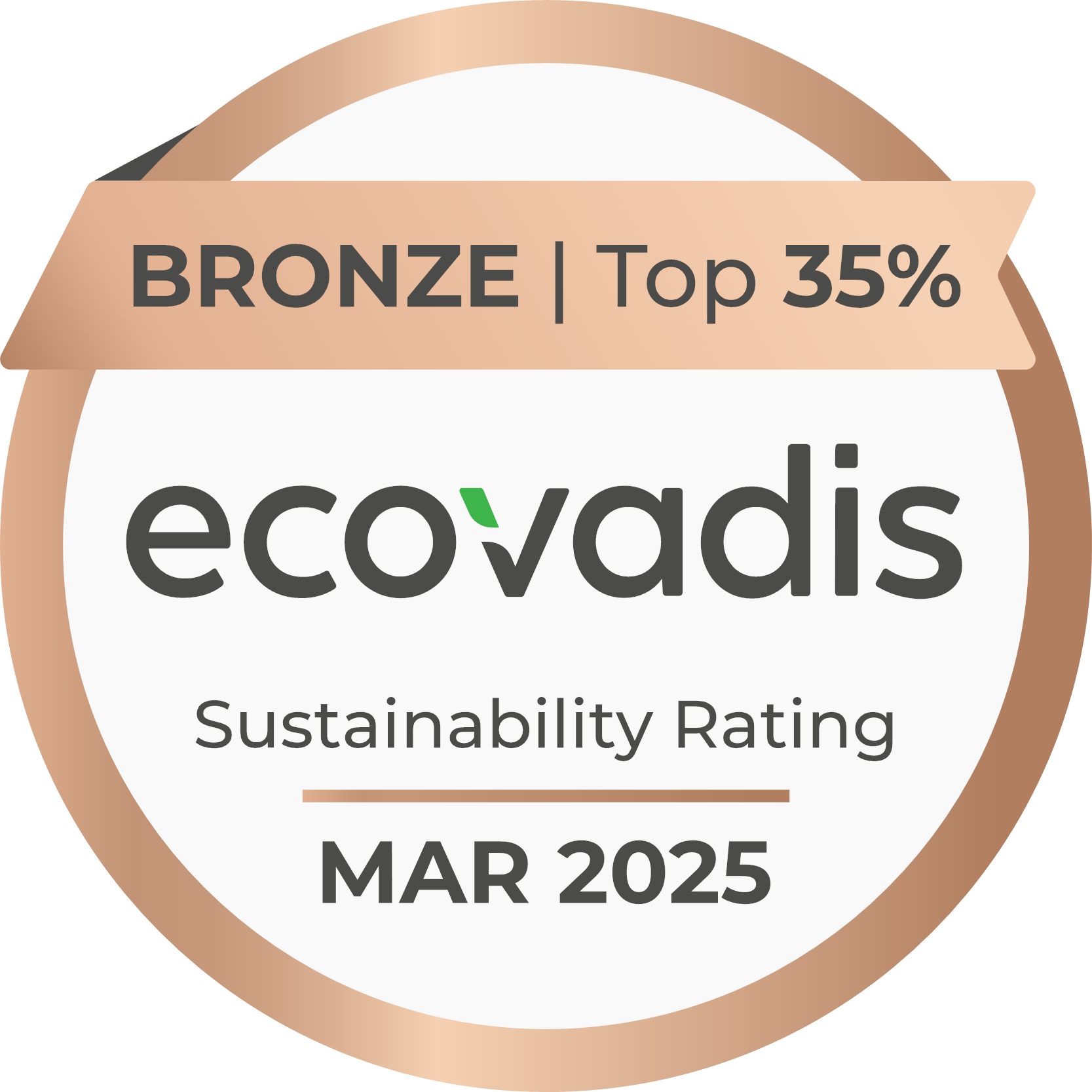The Department of Environment, Food & Rural Affairs (DEFRA) has confirmed that the 2018 WEEE compliance fee will be set through a methodology created by the Joint Trade Association (JTA).
This will mark the second consecutive year, where a JTA-proposed method has been adopted to calculate the fee.
In an e-bulletin to compliance schemes on 1st Feb, Defra stated: “Defra accepts the JTA’s approach to handling net income generating WEEE streams (applicable to all WEEE streams) and its recommendation for zero fee for LDA.”
The fee is used to deter PCSs from collecting large quantities of WEEE above their targets, which in some cases has been sold off as surplus evidence to other PCS, who are trying to gather evidence for fulfilling their obligations.
The JTA represents around 90% of the companies obligated under the WEEE producer obligation in the UK.
Accountancy firm, Mazars, will oversee the fee’s administration process, which the former has carried out in previous years.
According to the latest WEEE collection data, it seems likely that a compliance fee will be needed for the 2018 calendar year, following a shortfall of material collected in comparison to targets.
Money generated from the 2017 compliance fee totalled over £8m, which is currently being used to fund projects, that will increase WEEE collections and see more PCS achieve their yearly targets.
